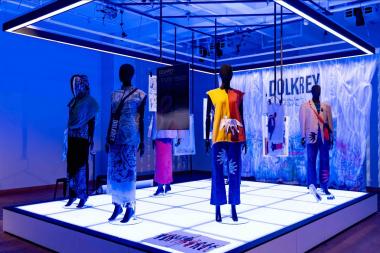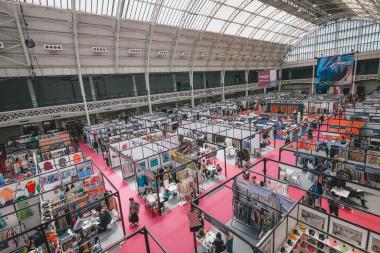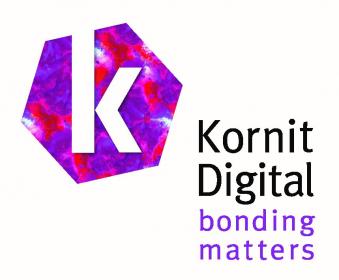Fashion for Good Museum: New pop-up exhibition
The Fashion for Good Museum has opened its doors for the new pop-up exhibition News From The Future. As part of a new Educational Programme and Toolkit - developed by the Fashion for Good Museum team - a selection of up-and-coming talents composed of Dutch fashion students and emerging designers have been asked to respond to the question: “what could the future of fashion look like?” Their answers are revealed in the exhibition in the form of garments, videos, installations and more. This is a future-forward exhibition where you can explore different fashion perspectives beyond the climate crisis, giving hope and, perhaps, a reality check.
Post-consumer waste, overconsumption and the pollution of our waterways are just some of the industry issues we are currently facing. Mirrored against rising temperatures and increasingly unstable weather conditions, the global shift as a result of climate change is inevitable. What does this mean for our future generations? How do we move forward from here? This raises one central question: What does the future of fashion look like?
News From The Future, the new exhibition at the Fashion for Good Museum, invited Dutch students and new creative voices to reflect on these questions. The emphasis on emerging talent is a common thread throughout the exhibition’s and the look and feel is designed by upcoming graphic designer Sara Biatchinyi.
Participating artists and designers include students from art and fashion schools across the Netherlands from the University of the Arts Utrecht, Zadkine MBO, MBO Rijnland and Saxion College. The students’ work was chosen after they participated in the educational programme “Classroom of the Future: the Stories Behind Cotton”. This programme was developed by the Fashion for Good Museum’s Curator and Education Coordinator Alyxandra Westwood and Education and Fashion consultant in sustainability Yophi Ignacia founder of The Future Mode, in collaboration with the aforementioned schools.
To further enhance these narratives, and to facilitate and promote a space for connection between emerging talent, the Museum invited Current Obsession Magazine - an interdisciplinary jewellery platform and magazine - to co-curate an installation and reflect on the future of jewellery. Over the course of the exhibition the Fashion for Good Museum will come to life hosting an art auction, panel discussion and a weekly updated installation, showcasing emerging talent. All of these elements together will collectively address the sustainable and regenerative design practices in both the Fashion and Jewellery industries.
Designer Kevin Paraiso (Paris/Benin) showcases a creative workshop in the museum, featuring looks from his Cosmic Summer .Dolkrey collection, which was presented during Spring/Summer ‘23 of Paris Fashion Week. “Cosmic Summer reflects on our desire to bring vibrant colours and a sense of uplift to the fashion of today and tomorrow. A cosmic news from the future.” A hopeful collection, with future-forward elements seamlessly integrated from the use of deadstock, circular materials and an on-demand tailoring business model with inhouse printing - presents a positive outlook.
Launching “Classroom of the Future: The Stories Behind Cotton”
The educational programme “Classroom of the Future: the Stories Behind Cotton'' has been developed into an open source toolkit for MBO and HBO education. The toolkit is live and available to download from the Fashion for Good Museum website as of the 30th of November 2023.
It consists of a set of six lessons all exploring the various aspects of cotton with specific emphasis on people and planet. The toolkit brings together different forms of interactive tools for the classroom: videos, podcasts, lesson plans and workshops. The content shows the perspective of local and international makers and innovators working to create a better and fairer fashion system.
The programme was part of and based on the previous museum exhibition Knowing Cotton Otherwise (2022-’23) and invited students to reflect on the exhibition themes - water, transparency, agriculture, climate, processing, origin, labour/forced labour and end-of-use - through their own perspective. The educational methodology and goals within the programme were developed to level the field between MBO and HBO students, reflecting a more realistic image of what it's like working in the professional field. During the programme students worked together equally, challenging the segregated Dutch education system and aiming for new results.
News From The Future is open to the public at the Fashion for Good Museum at Rokin 102 in Amsterdam.
Fashion for Good































